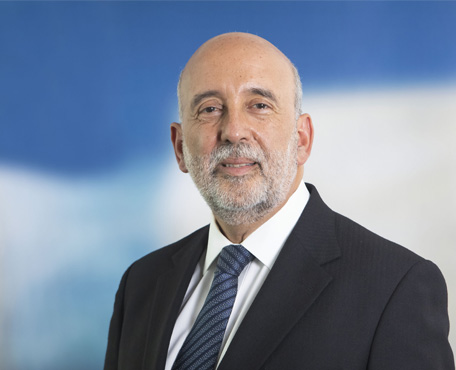Gabriel Makhlouf took up his position as Governor of the Central Bank of Ireland on 1 September 2019. He chairs the Central Bank Commission, is a member of the Governing Council of the European Central Bank, a member of the European Systemic Risk Board, and is Ireland’s Alternate Governor at the International Monetary Fund. Before joining the Central Bank Gabriel was Secretary to the New Zealand Treasury and the Government’s chief economic and financial adviser from 2011 to 2019. During his time as Secretary, he led reviews of New Zealand’s three macroeconomic pillars (monetary, financial stability and fiscal policy) and the development of a new framework for the development of economic and public policy focused on intergenerational wellbeing. Gabriel has previously chaired the OECD’s Committee on Fiscal Affairs and also worked in the UK civil service in a number of roles.



